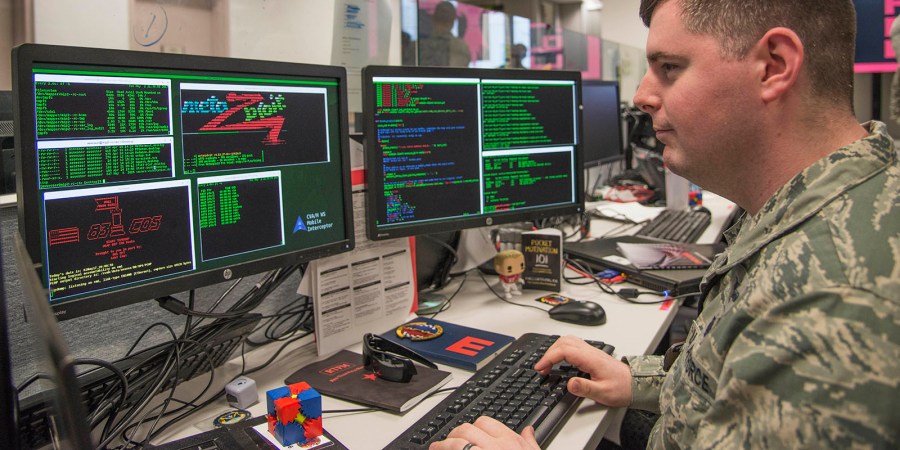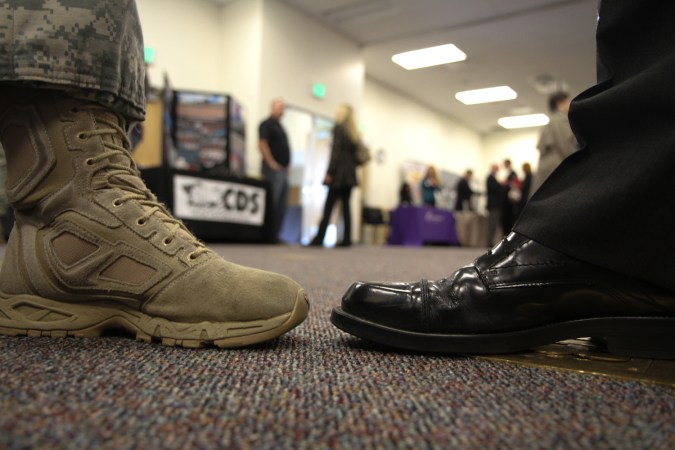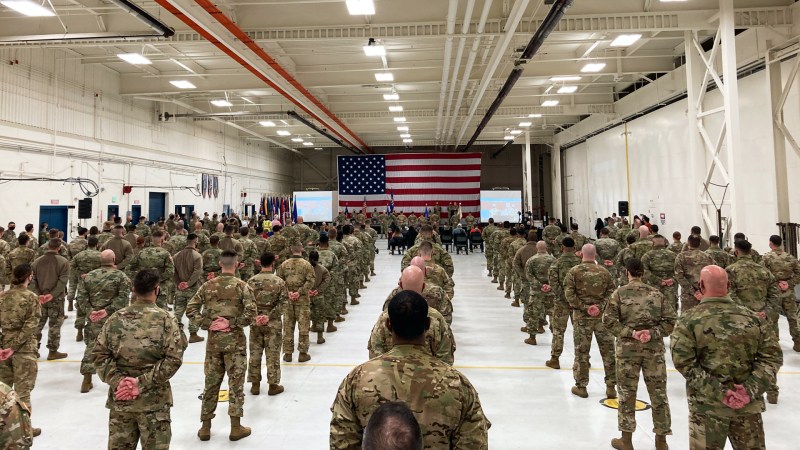The job outlook for technology careers is booming, according to the Bureau of Labor Statistics, with a projected 11% growth rate between 2019 and 2029. That’s more than half a million jobs with a median income of $88,240, compared to all other occupations, which have a median income of just $39,810.
Before you tell yourself you aren’t qualified for a technology career, know this — most technology jobs don’t require more than a bachelor’s degree, if that, and with less than five years of career field experience, you could potentially find yourself earning a six-figure salary with the right skills and certifications.
Technology careers have evolved significantly over the last two decades right along with the technology itself — so if you’re picturing the IT Guy helping an office minion restart their computer over the phone, rest assured that the tech career field goes way beyond that. Careers can range from website development, ethical hacking and cyber security, to database administration and software development.
If launching into the world of technology post-military service sounds enticing, read on. We’ve compiled resources and tips for you to be able to position yourself at the front of the pack for a new career.
Get the right certificates.
If you don’t have a degree in a technology-related area of study, don’t sweat it. Most jobs within the field don’t even require you to have an undergraduate degree at all — but obtaining the right certificates is key to building your skillset. Here are the most basic and helpful certificates you’ll want to start with.
- Computing Technology Industry Association (CompTIA A+). This is your boot camp of certificates and where you’ll want to begin. It will help you learn how to do basics like data recovery, networking, hardware configuration, and troubleshooting.
- Information Technology Infrastructure Library (ITIL). ITIL is a standardized technology management set of practices used worldwide by small and large organizations from Microsoft to NASA. Think of this as your IT SOP. This five-tiered program, ranging from basic skills to mastery, will help you build your skills in technology management.
- Microsoft Technology Associate (MTA). MTA is not just one certificate, but rather a set of entry-level certificates you can obtain based on your chosen career path, much like MOS-specific training in the military. The self-learning courses are free online through Microsoft, or you have the option of paying for an instructor-led course.
Make a new resume
Don’t underestimate the power of your soft skills when creating your post-military resume. Even without basic technology certifications, just having served in the military gives you a leg up while building your career. Creating a solid functional resume, which highlights your skills rather than experience, will prove to be the most helpful as you job search. Here are some skills you probably have that make you highly desirable in the digital economy:
- Ability to assess any situation quickly and make good, timely decisions
- Being a team player — knowing when to lead and when to follow
- Learning how to use new, possibly complex equipment or technology
- Critical thinking and resourcefulness — solving problems with what you’ve got
- Seeing a mission or task through to the end
Train with the experts
Global technology icon Microsoft has an 18-week program created specifically for transitioning service members and veterans, called Microsoft Software and Systems Academy or MSSA. They offer learning paths into high-demand career fields — Cloud Application Development and Server & Cloud Administration.
Currently, all training is being held virtually via Microsoft learning partners. MSSA boasts a 94% graduation rate, with 88% percent of their graduates finding employment in the technology field. After completing the prerequisites for the program (CompTIA or MTA in Microsoft Networking Fundamentals) you can apply for their program on their website.
There are many reasons why transitioning from the military to a rewarding career in technology is a smart move — better salaries than other jobs, much lower price of education (no degree needed = no student loan debt), and high demand for workers in the field translates to more opportunities for work. The skillset you’re bringing with you into civilian life already sets you up for success in the tech field, so why not make the move? Download the Microsoft Technology toolkit to get started, and learn more about MSSA here.
This article is sponsored by Microsoft Military Affairs.
























